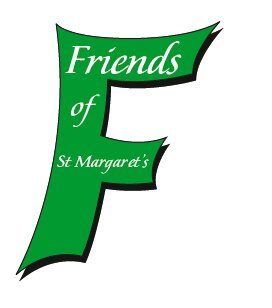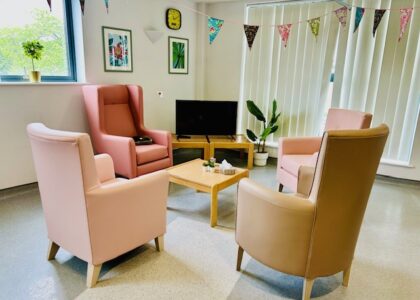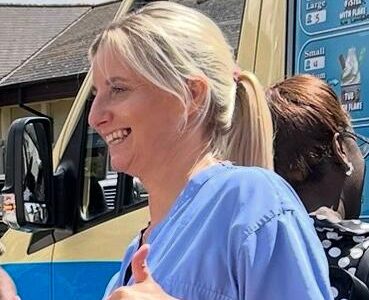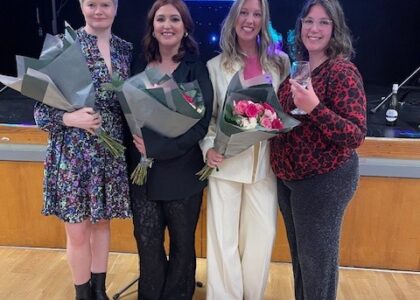There are new national guidelines for therapist teams working with patients towards recovery from strokes and other neurological conditions. These emphasise the importance of receiving at least three hours of specialised therapy every day during their time in hospital – as well as support for active exercise for up to six hours daily.
Megan Bahlmann of the Beech Ward Stroke Team has appealed to the Friends for the purchase of a number of new aids for recovery programmes – items which often cost more than their NHS budget allows.
The intensive schedule for eventual recovery is in four different areas of exercise and leading to eventual patient discharge – and needs the equipment now recommended for new therapy guidelines.
Megan commented: “In our new group therapy plan, we aim to have therapists on the ward every morning to support patients as they engage in tasks that prime their muscles and facilitate the process of neuroplasticity.
The brain’s ability to reorganise itself by forming new neural connections, strengthening existing ones and pruning old ones in response to experiences, learning and injury.
This request included a repeat purchase of a tried and tested rehab item already used with great success, and now included in the new programme – Blaze Pods. These training tools sync brain and body with light reaction training – which are also used by sportsmen and women to increase hand-eye co-ordination and reflex speed. They have already proved extremely effective for stroke rehabilitation . And they’re popular with patients – as recovery increases through training cognition and physical activities which promote competitiveness and confidence, as well as physical skills.
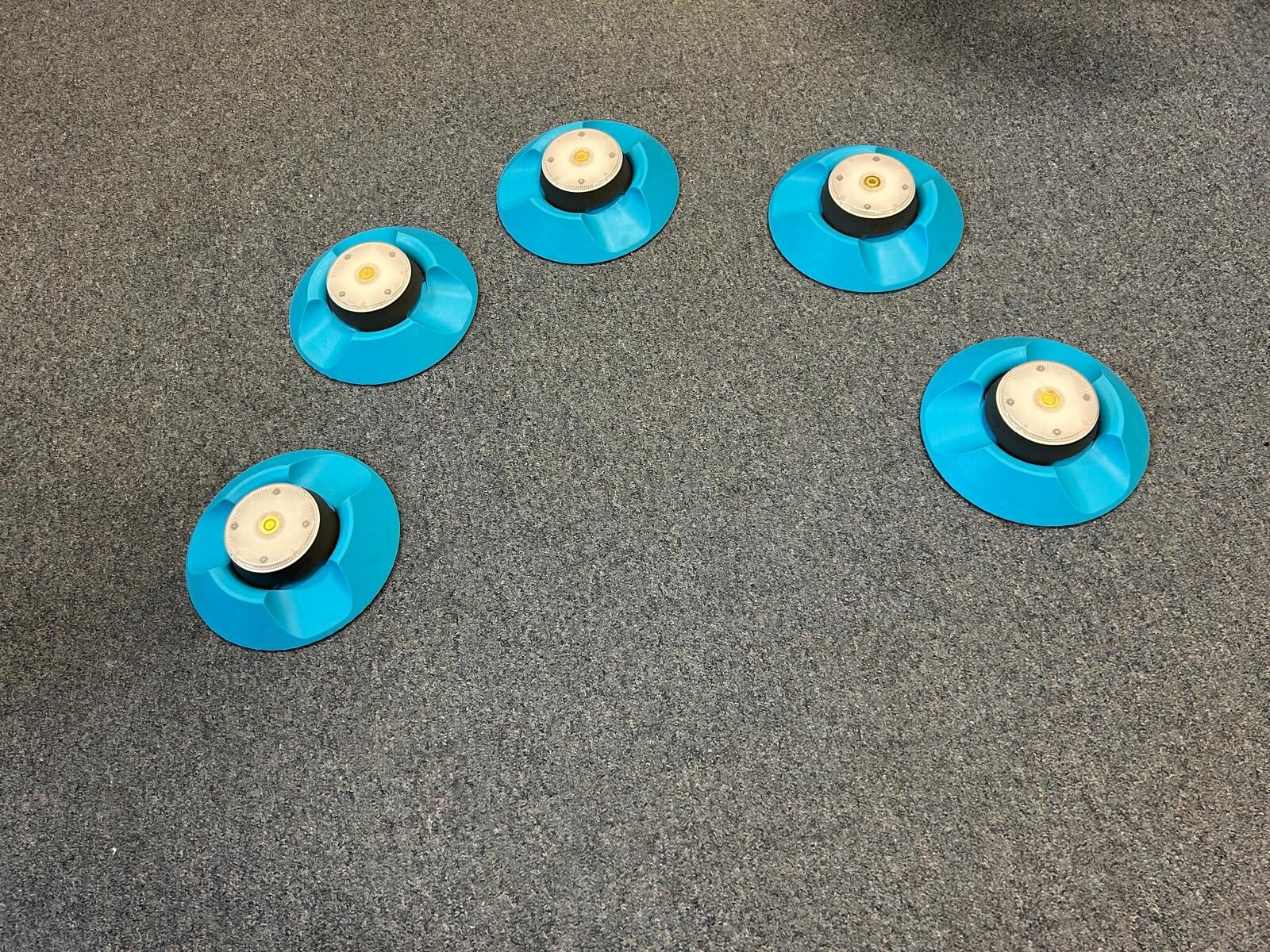
Therapists say that playing the game with the Blaze Pods with both hands and feet is great on several levels, scoring for balance and reaction – and patients appreciate it as they can see their growing success.
The Pods are used for recovery planning by both Occupational and Physio Therapists, so they’re much in demand.
“The patients love it!,” commented Megan.
“The game stimulates mind and body and so another set of pods was needed for the extra demand the new programme requires.
“The pods can be used on the floor or suctioned to tables or walls, indoors and out, allowing them to be used for upper limb rehabilitation, movement, co-ordination and balance retraining – and work on attention and information processing.”
The Friends committee members also felt it sounded great fun!
The physiotherapy teams have also asked for two stroke ‘gliding clubs’; these are long poles along which patients slide a clip, exercising arm movement. This also helps weak shoulders and hands to develop strength.
Also requested:
- A second set of Mirror boxes – the use of this rehab device at a fairly early stage of treatment has been very successful in helping stroke patients and those with other neurological problems, as well as pain. The patient is asked to place an affected limb into a mirror box, then use the matching unaffected limb (foot, arm, hand) outside the box to make movements. The mirror is positioned so it is the reflection that creates the illusion that the limb is actually moving successfully, and the patient then attempts to move it in the same way.
This is used for treatment for stroke patients as well as other neurological problems.
How? Patient experience is reported as regain of some movement and dexterity, pain reduction and help for the brain to adapt to new ways of movement of the affected limb.
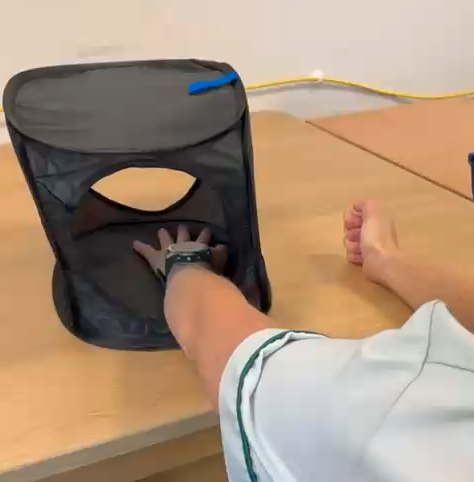
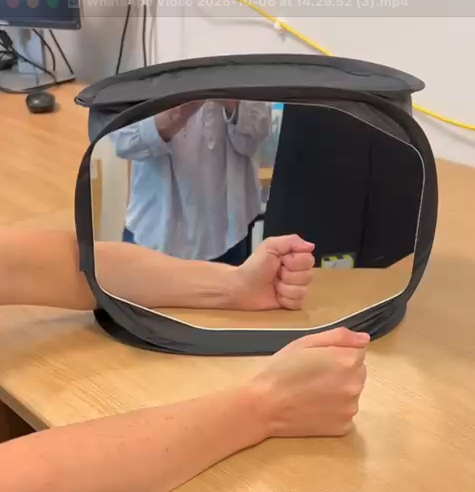
- A 4-wheel walker to help patients to assess their outdoor mobility, supporting balance and stability while walking, plus two special steps for aerobic fitness workouts, and four sets of soft balls to use for hand eye coordination and balance exercise.
- Five massage balls which are used to soothe pain in damaged limbs.
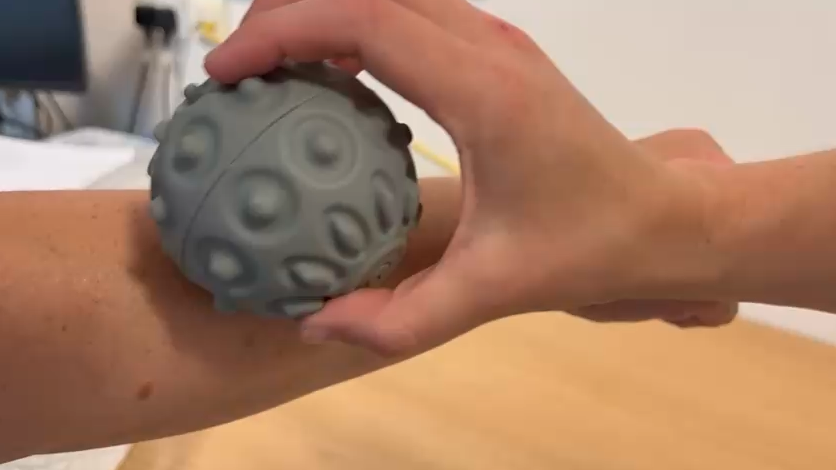
The stroke recovery teams have also asked for more items for the stroke Gardening Group.
“On a Tuesday morning this brings both joy and rehab opportunities to our patients,” reports Megan.
“They also get a chance to practice sitting and standing, mobility and balance, hand skills and socialisation. It’s emphasised that ‘the group assists with patients’ moods and psychological wellbeing.”
So that this programme can continue and expand, the Friends’ committee have agreed to finance two additional high garden beds, plus garden soil, seeds and plants.
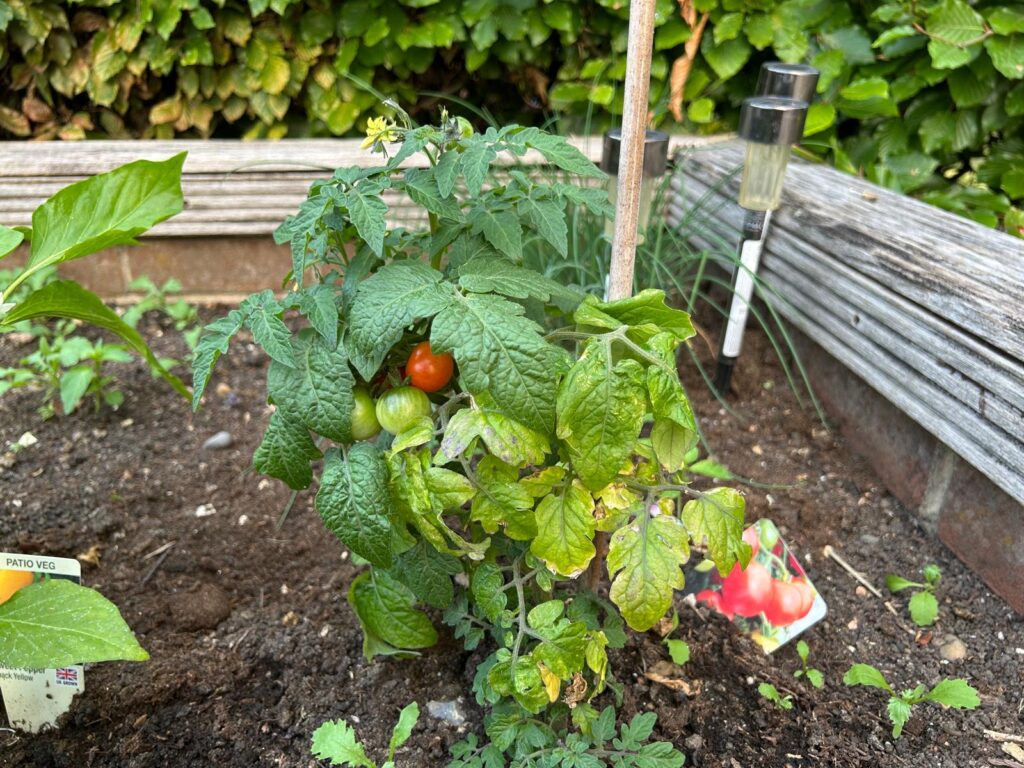
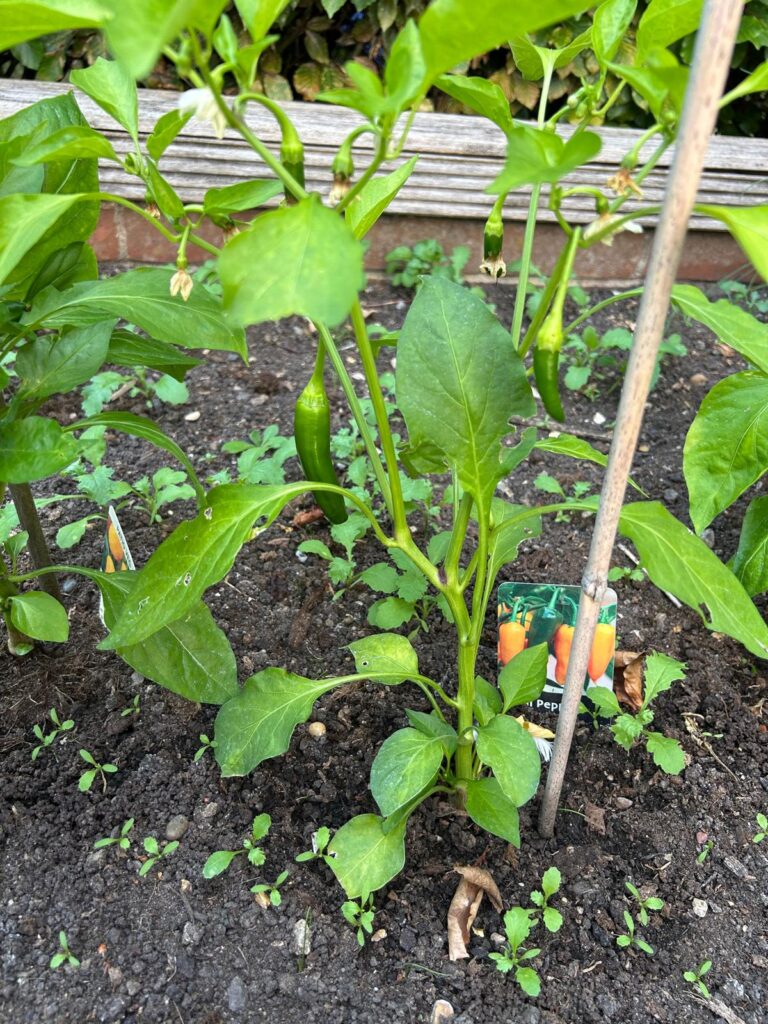
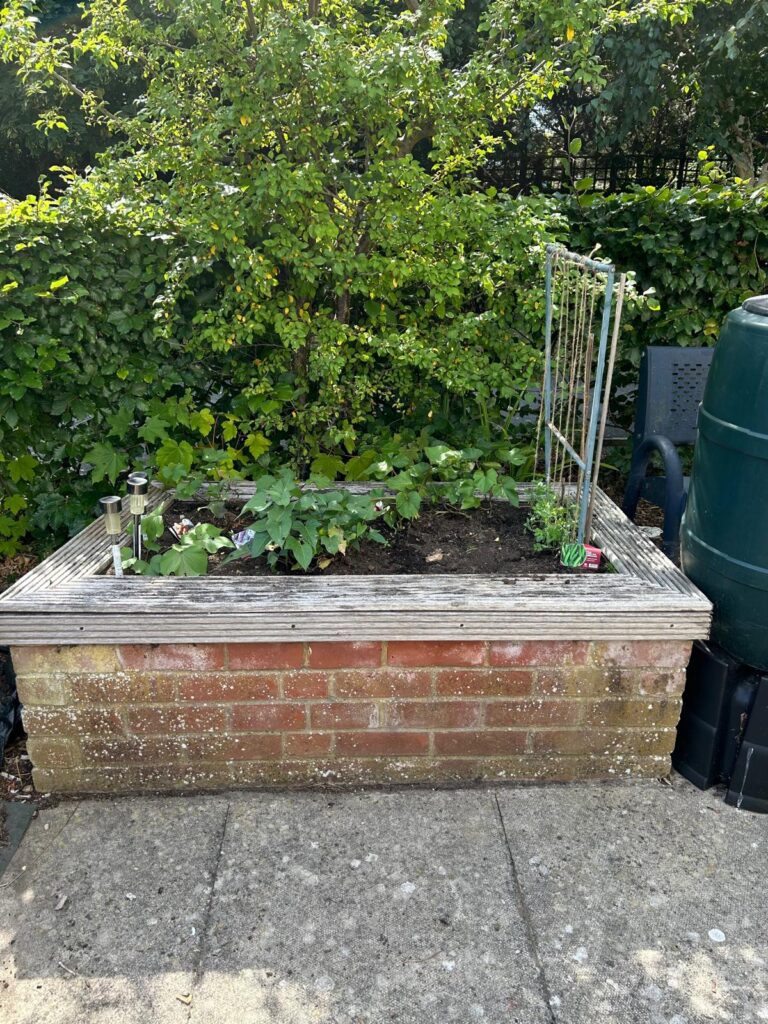
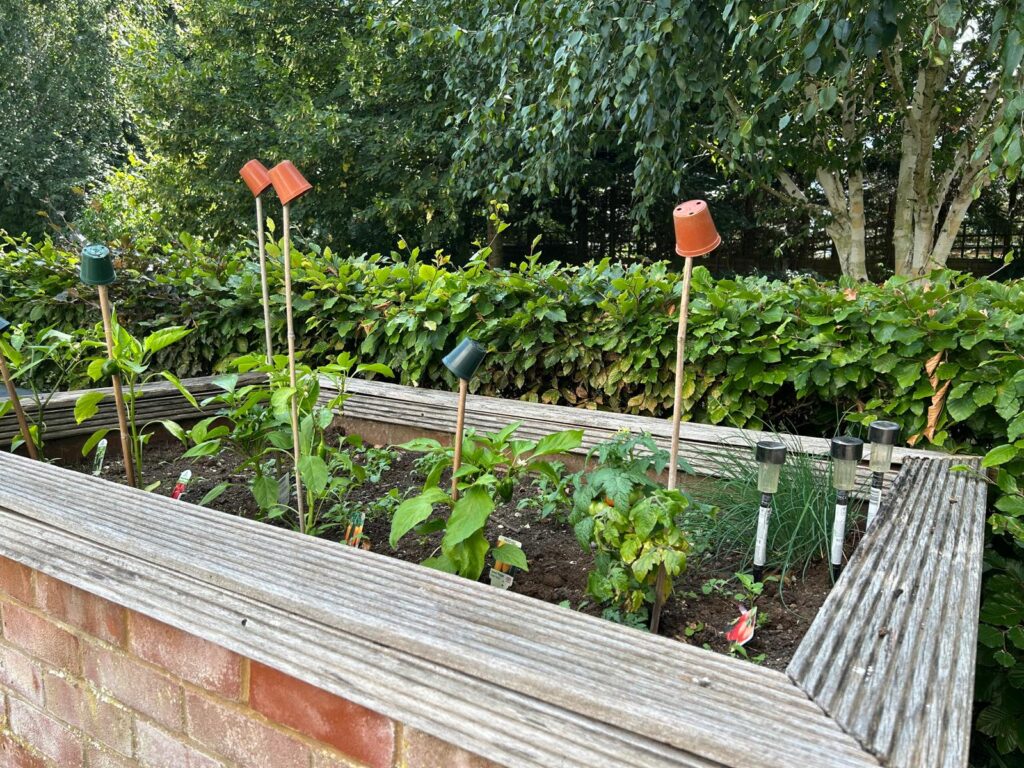
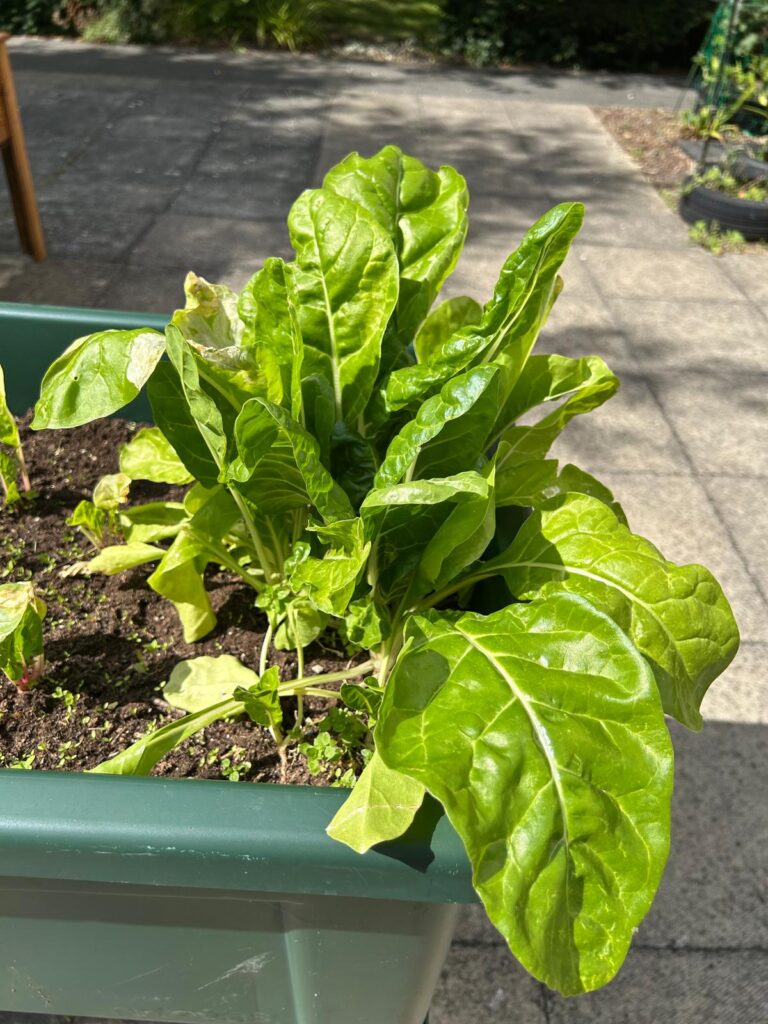
The Beech Ward team of therapists have also requested help to provide another enhancement for the journey to recovery for stroke patients. To enable this they have introduced a Breakfast Club, which is described as ‘a structured programme with defined objectives.’
- promoting independence and confidence
- encouraging social interaction between patients and establishing daily routines such as making a meal
- developing skills for daily routines such as meal choice and preparation, eating and drinking and improving a range of abilities – as well as helping patients to feel relaxed and confident in a group.
The small kitchen on the ward now has new equipment purchased by the The League of Friends to enable this vital project:
- A microwave convection oven
- A long-slot toaster and tongs
- Cereal containers
- A six-piece cutlery set of kitchen equipment
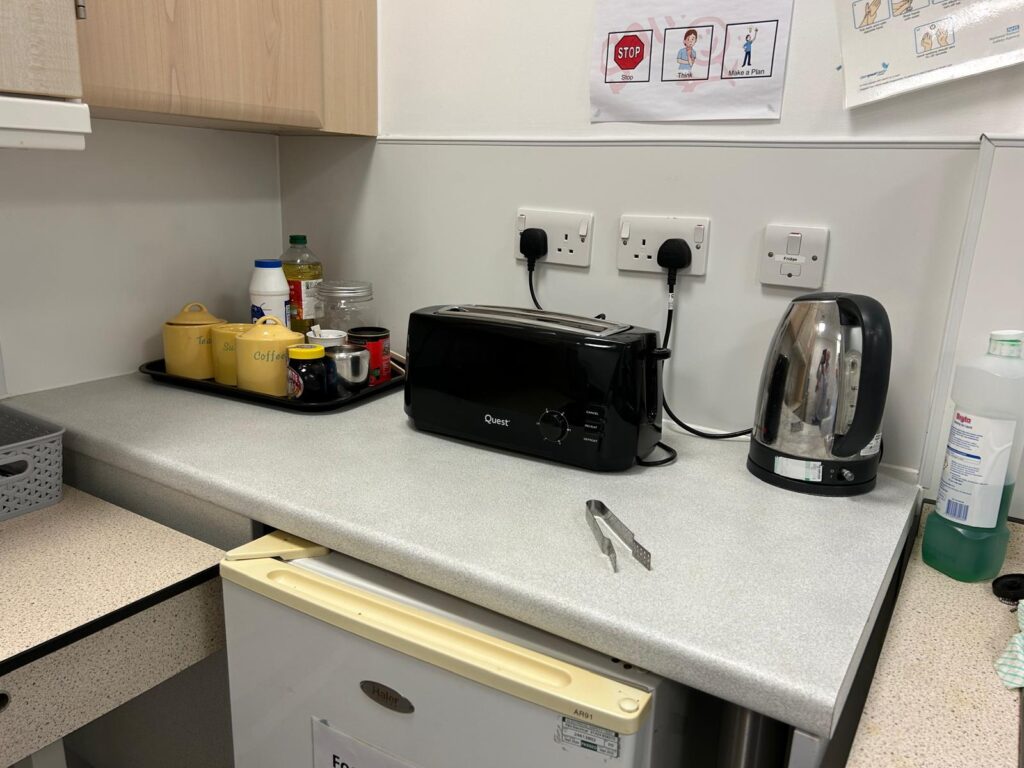
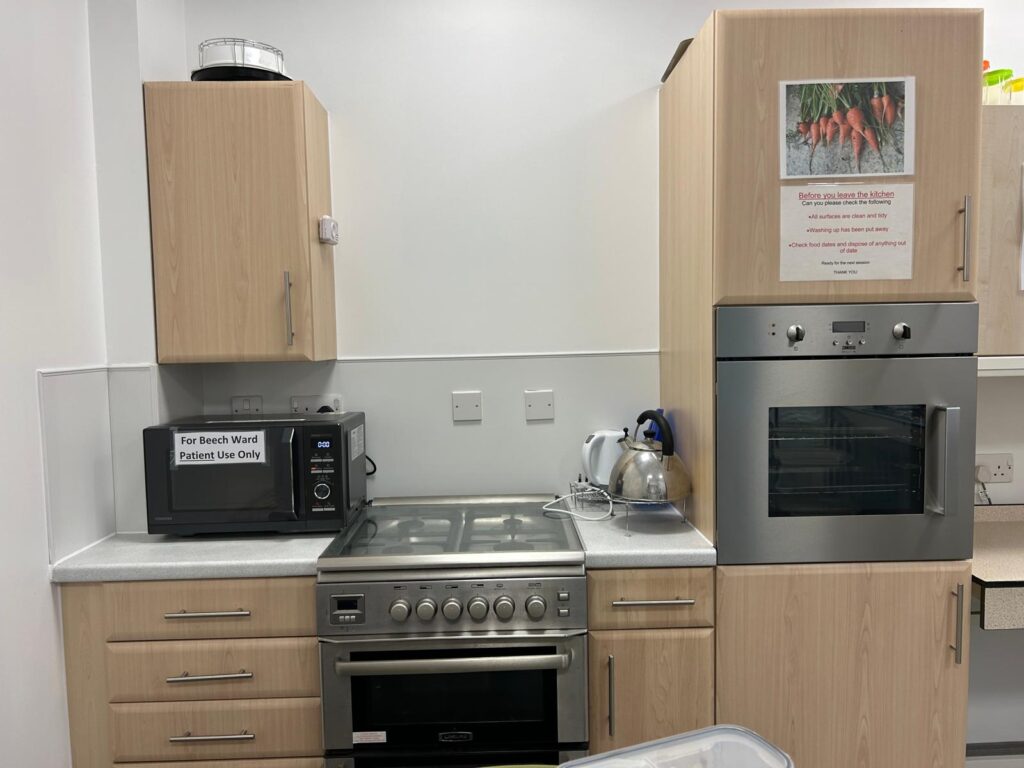
THIS PROJECT - USING NEW NATIONAL INITIATIVES - NOW HELPS PATIENTS TO RECOVER MOVEMENT AND RENEW CONFIDENCE AFTER NEUROLOGICAL DAMAGE. THE FRIENDS OF ST. MARGARET’S UNANIMOUSLY APPROVED A DONATION OF £1615 TO PAY FOR ALL ITEMS THE STROKE RECOVERY TEAM NEEDED TO GIVE ENHANCED HELP TO THEIR PATIENTS.

